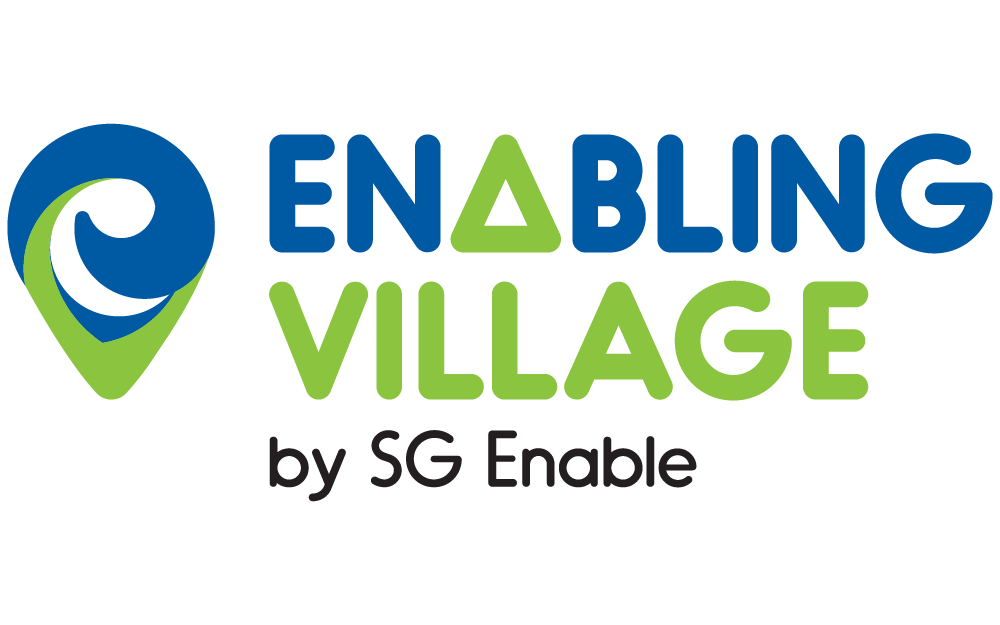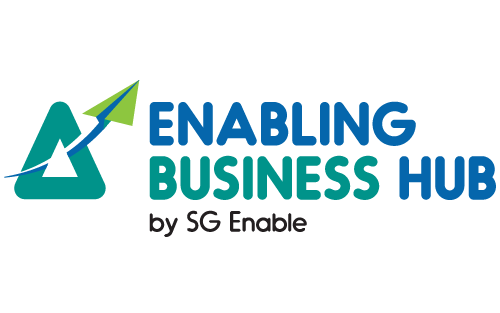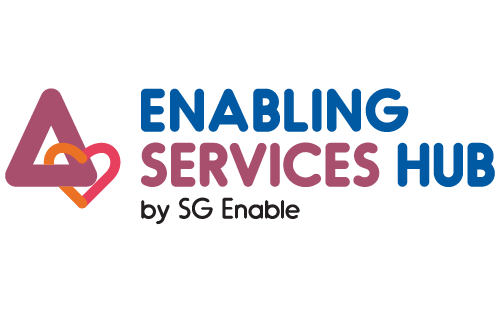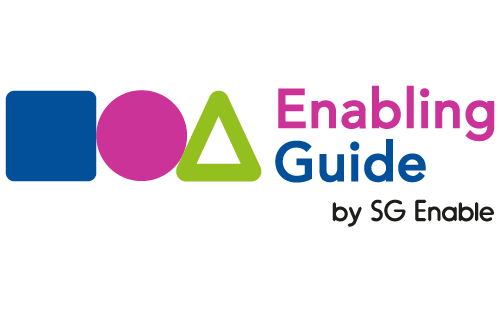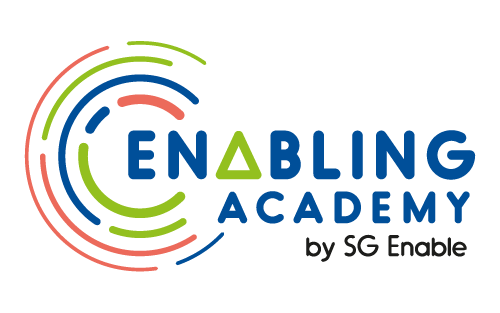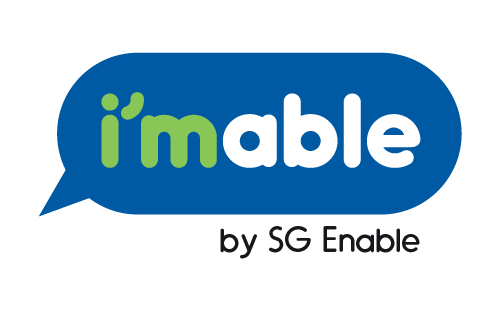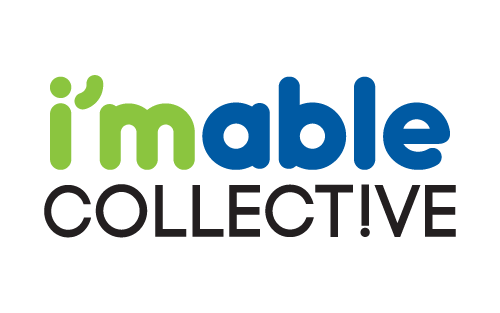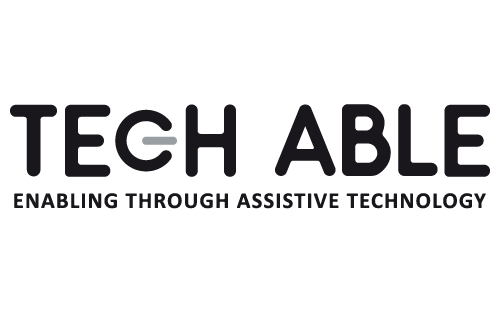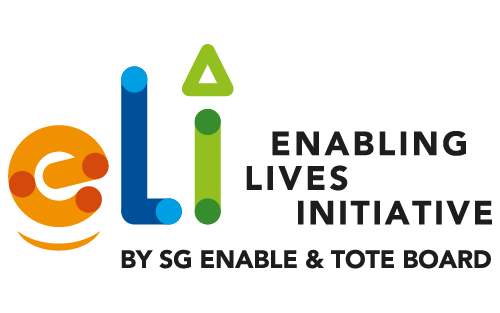Disability In Singapore
What is considered a disability?
Definitions of disabilities vary widely among countries. According to Singapore's Enabling Masterplan, persons with disabilities refer to those whose prospects of securing, retaining places and advancing in education and training institutions, employment and recreation as equal members of the community are substantially reduced as a result of physical, sensory and intellectual disabilities as well as autism.[1]
As the first-stop and focal agency for disability in Singapore, SG Enable raises awareness on disability issues and facilitates access to disability schemes and services. It brings partners together to share knowledge, collaborate and innovate, striving towards a common goal of building an inclusive Singapore and enabling lives. Set up by the Ministry of Social and Family Development in 2013, it is a registered charity and an Institution of a Public Character.
The Ministry of Education oversees support for students with learning difficulties or special educational needs, while the Ministry of Health oversees support related to mental health.
What are the different types of disabilities?

Physical disabilities refers to either a total or partial loss of bodily functions such as the ability to walk, or a total or partial loss of a part of the body.
It can result from congenital causes, or acquired from serious illnesses or injury.

The two main types of sensory disability are visual impairment and deafness/hard of hearing. There are varying degrees of visual impairment: some people have low vision, others have tunnel vision in which their peripheral vision is affected, while others experience complete blindness. People could also have partial or complete hearing loss.

Intellectual disability is mainly established by a person’s intelligence quotient (IQ of 70 or below).
It is also a feature of medical conditions such as Down Syndrome, Prader-Willi Syndrome and Williams Syndrome.

Autism is a developmental disability currently with no known causes or cures.
Persons with autism typically have problems with social communication and interaction across contexts, and present very rigid and repetitive patterns of behaviour, interests or activities.
In Singapore, several social service agencies cater to specific disability groups, e.g. Handicaps Welfare Association, Singapore Association for the Deaf (SADeaf), Singapore Association of the Visually Handicapped (SAVH), Movement for the Intellectually Disabled of Singapore, and Autism Resource Centre. SG Enable serves persons with physical, sensory, and intellectual disabilities, and autism.
Prevalence rate of disability in Singapore[2]
| Population group | Approximate prevalence rate |
|---|---|
| Student population | 2.1% of student population |
| 18-49 years | 3.4% of resident population |
| 50 years and above | 13.3% of resident population |
When we consider Singapore has an ageing population, the number of persons with disabilities will increase significantly by 2030. The infographic below shows the declining old-age support ratio. [3]

Employment rate of persons with disabilities
According to Singapore government statistics, among resident persons with disabilities in the working ages of 15 to 64 in 2022 and 2023, on average, 32.7% were employed, 3.6% were without a job and actively looking for one, and the remaining 63.9% were outside the labour force, with most of them citing poor health or disability as the main reason.[4]
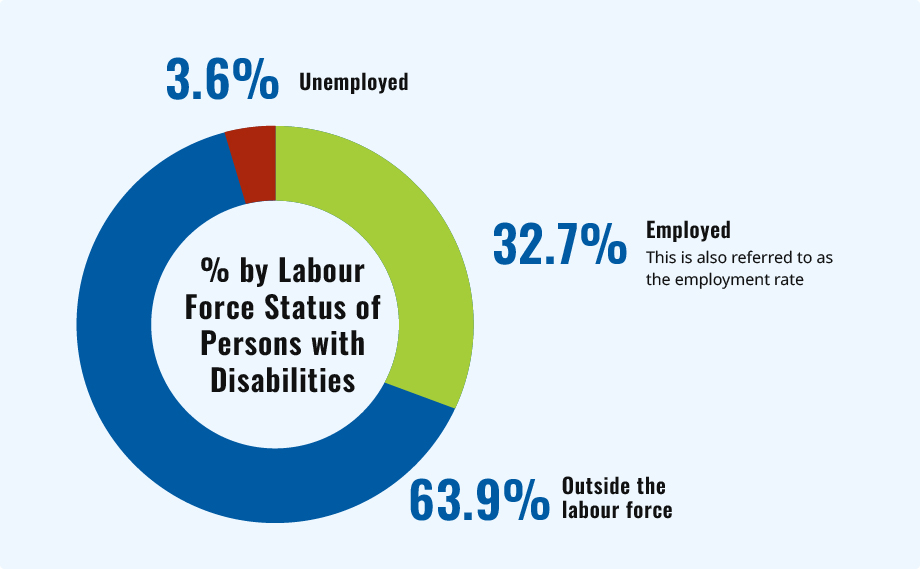
Increasing number of persons with autism
With better awareness and detection, there is a growing number of persons with autism. In 2014, it is estimated that 1 in 150 children have autism. 4,400 children were diagnosed with developmental issues, a 76% rise from the figure in 2010.[5]
Increase in Number of Children Diagnosed with Development Issues
ASD incidence amongst Children
World Health Organisation
Singapore
Sources: KK Women’s and Children’s Hospital, National University Hospital
- First Enabling Masterplan (2007-2011): Chapter 1
- Third Enabling Masterplan (2017-2021): Foreword by Chairperson, p3
- Singapore Government Statistics
- https://stats.mom.gov.sg/Pages/Employment-Outcomes-of-Persons-With-Disabilities-TimeSeries.aspx
- Third Enabling Masterplan (2017-2021): Introduction, p15
Enabling Masterplan 2030
The Enabling Masterplans are national roadmaps for the government and the community to work together to support persons with disabilities.
Four masterplans have been released since 2007, and Singapore is currently on Enabling Masterplan 2030 (EMP2030). Four of SG Enable’s board members sit on the EMP2030 Steering Committee.
The full EMP2030 report can be found on the Ministry of Social and Family Development’s website. It guides efforts in shaping the future disability landscape until 2030.
SG Enable’s work is also aligned with the recommendations, in training and employment, promoting independent living and creating inclusive environments.


